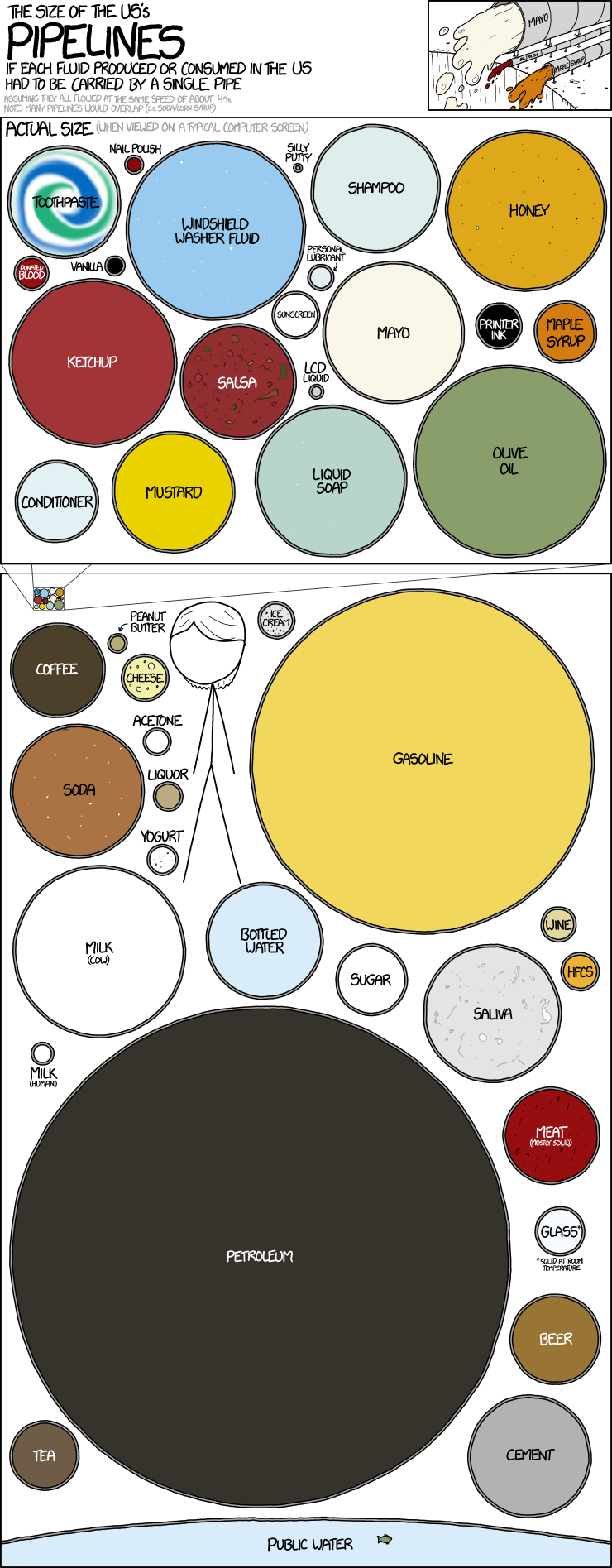
The University of Leeds has partnered with a number of games firms to create brand new degrees dedicated to battling the development sector’s “skills crisis”.
The new courses include an undergraduate and postgraduate degree in High Performance Graphics and Games Engineering, running for four and one years respectively. They will begin in 2017.
Nvidia, Epic Games, Sumo Digital, Team 17, Barog Game Labs and Weaseltron are among the companies supporting the educational initiative.
The MEng and Master’s courses will include a focus on contemporary APIs, such as Vulkan and DirectX 12, as well as examining “the foundations of graphics and renderers”, to give students a deeper understanding of development technology.
Students will analyse engine development and learn how to map to hardware, while also learning the toolset of the technologies.
They will also be schooled in use of complex VFX, including simulation of cloth, fur and hair, as well as animation and modelling behaviour, such as crowd simulation.
The university’s research environment includes access to high-powered desktop systems and Epic’s Unreal Engine 4, plus VR hardware such as the Oculus Rift and HTC Vive.
"There are plenty of high-level university courses that teach students how to develop games, but there are very few in the UK and indeed the world that deliver anything like the level of technical skills that are needed to innovate with graphics, simulation, low-level performance and engine development techniques,” commented Simon Barratt, Barog Game Labs director and UKIE board member.
“There’s an urgent and growing skills crisis – that’s why we were keen to work with the University of Leeds to help put a programme together that we know will produce graduates with the technical skills the industry demands. As an employer, this is exactly the type of course we need to produce the next technical innovators.”
David Duke, head of the School of Computing and professor of computer science at the University of Leeds, agreed: “Gaming is such a fast-paced sector and continually benefits from rapidly evolving computer technologies. It needs graduates with the right mix of deep academic knowledge and hands-on experience who understand how to generate new levels of visual realism and effects on cutting-edge hardware platforms and write the rendering engines that will power the next generation of games.”
Read
the full article here by
Develop Feed
